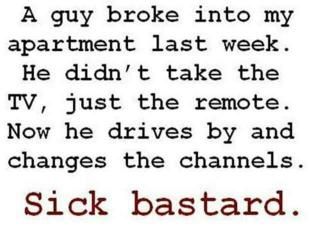The FIA makes a profit in the business of Super Licence by making it mandatory for the licence-holder to pay an annual fee. According to a report on the BBC, the cost of a super-licence rose by an average £8,700 in 2009, and there was an extra charge of € 2,100 per point earned in 2008 - up from €447 per point in 2007. In 2010, Lewis Hamilton would pay £242,000 for his licence for the season.
Reducing the cost of the Super Licence represented a significant policy shift for FIA's then-president Max Mosley, who wrote to Formula 1 drivers in February 2009 suggesting that they "race elsewhere if they were unable to pay for their super-licences." After Mosley met with representatives from the Grand Prix Drivers' Association (GPDA) on March 23, 2009, the FIA issued a statement: "Following a very positive meeting between FIA President Max Mosley and representatives of the Grand Prix Drivers' Association (GPDA), a proposal will be made to the World Motor Sport Council to revise super-licence fees for drivers in the 2010 championship".
In November 2012, however, FIA announced they would again increase the cost of the super licence. According to McLaren team principal Martin Whitmarsh, the proposed increase would lead to a basic fee of €10,000 ($12,800) for the super licence plus €1,000 ($1,280) for each world championship point. 2009 Formula 1 World Driver's Champion Jenson Button objected, and expressed his position that all current F1 drivers should pay the same flat fee for their Super Licence:
Personally I don't feel that we should be paying different super licence fees for different drivers and different point situations. I mean, when you get your licence to drive on the road, because you do more miles you don't pay more for it, do you? And you don't pay more for a licence in any other category because you've got a better car or whatever, so it should be a flat fee.
In 2009, Button's total super-licensing costs were approximately €1M ($1.28M).



















